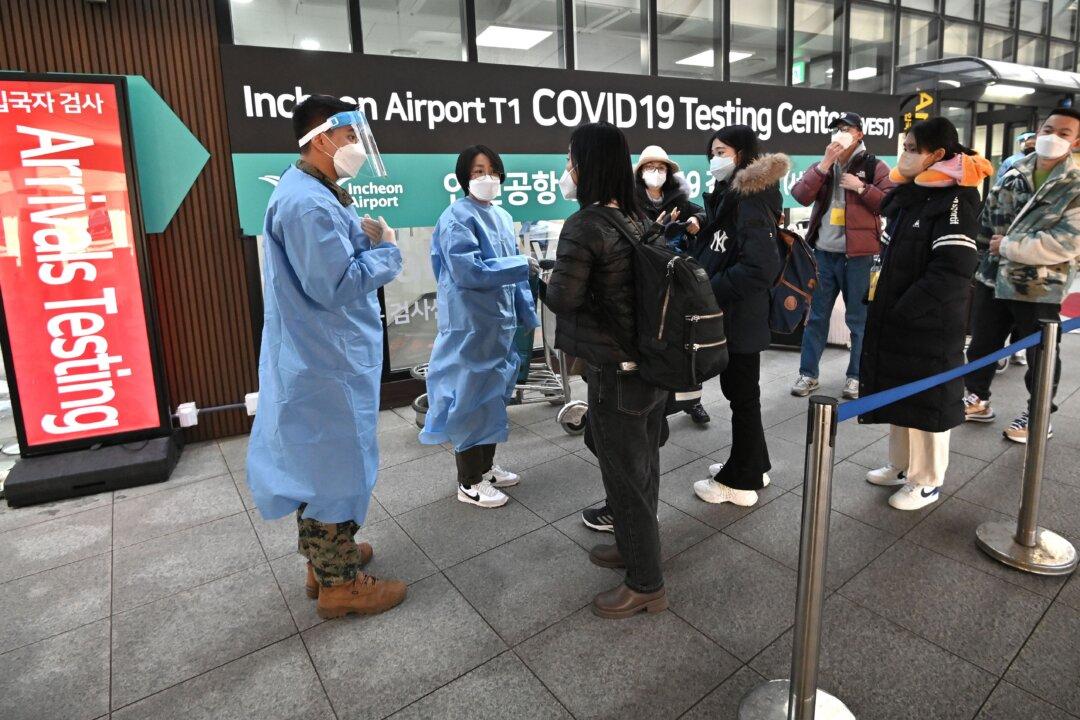South Korea says it’s extending its entry curbs on visitors from China, including its short-term visa restriction, through February amid fears that COVID-19 infections in the mainland may surge following the Lunar New Year celebration.
The visa restrictions on short-term Chinese travelers were initially imposed for the month of January, but the South Korean government has decided to push back the date to the end of February.





